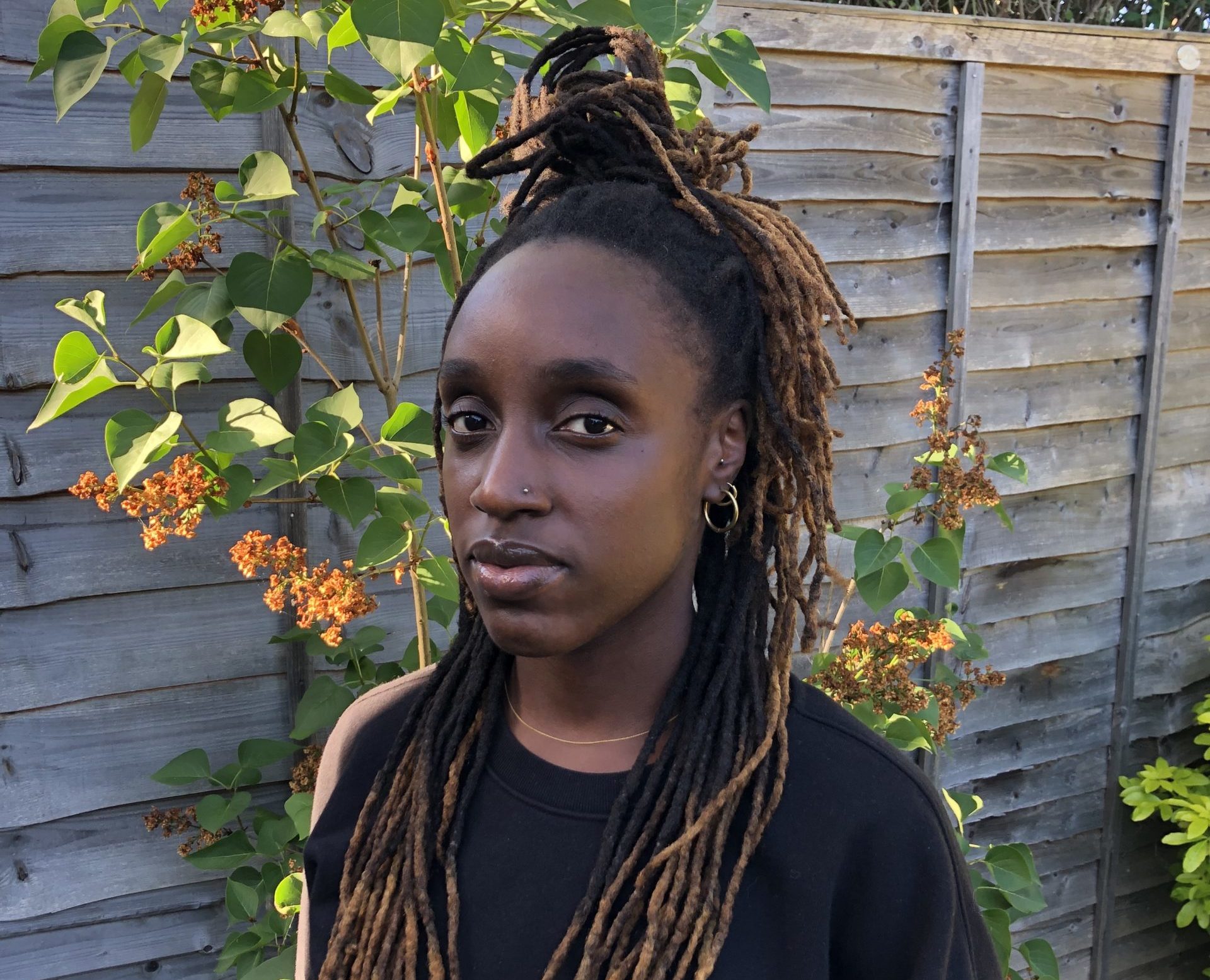
Every June, a ripple of excitement moves through the African literary world when the Caine Prize short list is announced. In a sense, it’s a gauge of what the contemporary African short story looks like; what styles, topics and moods reverberate and bubble to the surface. Granted, the shortlist not an objective measure, since a lot depends on which stories publishers submit and the taste of each year’s judges. Nevertheless, I look forward to each year’s list as it introduces us to fresh new voices and celebrates those we may already know.
As a writing teacher, I am especially interested in the stories from a craft angle: what is it about each one that got it selected, and how can craft help us unpack what makes each story masterful? I intend to ruminate on this, one story per week, and hope it provokes a conversation about the art of the African short story. These will not be standard reviews, nor a comparative take on the five stories; rather, I will highlight how each writer wields one or two craft tools to create an artful whole. The assumption is that readers will have read the stories. Go here to read more of my reviews of these stories.
***
Building Up Conflict in “The Labadi Sunshine Bar” by Billie McTernan
By DOREEN BAINGANA
This year’s shortlist stands out for having three crime stories, all which end with murders, but each could not have been more different than the other. What is fascinating about the stories is the build-up of the ‘central conflict’ and how each takes an unexpected turn at the end. I am especially interested in how subtle the conflict is in Billie McTernan’s story, which makes the murder utterly surprising and yet, at the same time, logical. After the shock, it all makes sense. How does the author achieve this seemingly contradictory resolution to her story? Let’s see how she sets up the ‘conflict’ and develops it to its end, where a violent act resounds by its very absence.
First, the author establishes who the two protagonists in conflict are by having the point of view – third person limited – move from Priscilla to Madam Joanna and back again. In this way the world of the story is revealed through these two perspectives, which we soon learn are in opposition. However, this conflict is so understated it is like a deep, unseen underwater current that steadily pulls the story forward.
The author also gives the two women opposing characteristics to heighten the conflict. Madam Joanna is older while Priscilla has youth on her side. Joanna has closely shaved hair while has Pricilla has braids that fall down her back. The older woman bleaches herself and wears “large gold hoop earrings, gold bangles and a collection of necklaces,” while all Priscilla needs is her eyes that shine. Joanna has a sharp tongue and tends to shout, bang doors and otherwise make her presence felt loudly. In contrast, Priscilla acts humble, with her frequent, ‘Yes, ma,’ and charms the men with jokes. Madam’s bluster cannot shake Priscilla’s calm confidence. Further, in contrast to Joanna’s love or at least need for Mr. Baokye, Priscilla does not believe in love and derides the women in her family for being trapped by it. Joanna’s advantage, however, is that she is financially independent, in contrast to Priscilla’s lack, and she has what Pricilla wants: a business of her own. These stark contrasts set the stage for the antagonism between them. We can clearly see how skillful character-building leads to stronger plotting.
It is the through the shifting power dynamics between the two protagonists that the conflict develops as the story progresses. On the face of it, Madam Joanna, who even has a title, lords it over Priscilla, who needs Madam’s housing, protection and work. Cici is new to the area while Joanna is established, and, to keep this ‘arrogant’ girl at heels, Joanna makes her wash dishes and cut onions. This is the start of Cici’s resentment; she is an ambitious girl who will not settle for crumbs. Despite Joanna’s superior position, the author hints at Cici’s latent power in their first scene together, where Joanna sits low and has to look up at Cici, who towers over her and “made no attempts to reorder the space between them.” And thus, the unspoken conflict begins.
We find out that Joanna’s power is waning as the Ghanaian clients she started with have been mostly replaced by Europeans and other foreigners, while Priscilla’s power rises: she very quickly and easily get a regular white client, Stuart. Joanna notices that Cici is getting too comfortable and will soon lose respect for her. This leads to tension-filled encounter, where Joanna works hard to show her authority by yelling, reprimanding Cici for sticking to one man, and reminding her that rent is due. Priscilla, ever the professional, maintains her humble act because she still needs Madam. Both are performing; assertiveness versus humility.
What makes Cici a real threat to Joanna though, is when Mr. Boakye, who is “all she had left,” expresses interest in the younger woman. Joanna’s reaction is visceral and the conflict intensifies. We know that some girls leave mysteriously, abruptly, overnight; does this have something to do with Joanna’s realization that “the time had come again”? Will Cici be next?
Surprisingly, the power dynamic is upended even before the story ends, when we learn that Joanna has not got any money from Cici for three months. Cici has the audacity not to pay her rent, and Joanna reveals her weakness by not having demanded for payment nor having thrown Cici out. At the same time, Cici’s position is strengthened because Joanna knows Mr. Baokye needs or wants her around, and also because she has a regular white client as some sort of shield. All this is not overtly stated but is inferred, which gives the reader the satisfaction of being a sleuth of sorts.
Finally, despite Joanna’s physical bluster, her storming to the room and banging fists on the door, she is now powerless and ineffective. In contrast, we do not see Cici physically at all, and yet all eyes are on her. She is totally in control in that scene. We can only guess at what actually happens, but what is clear is that Cici gains the upper hand. The next day, she is “making directives,” while Joanna is a washed-up dead body, the ultimate in powerlessness.
What is most fascinating about this story is that it is about a power struggle set among those who are considered powerless – women who trade their bodies for a living. In the same paradoxical way, the author’s restrained narrative style intensifies our sense of what’s at stake for the characters. As readers, we must work harder at excavating meaning from the hints and clues laid out that show how the conflict builds and finally bursts, but the reward is intensely satisfying.









COMMENTS -
Reader Interactions